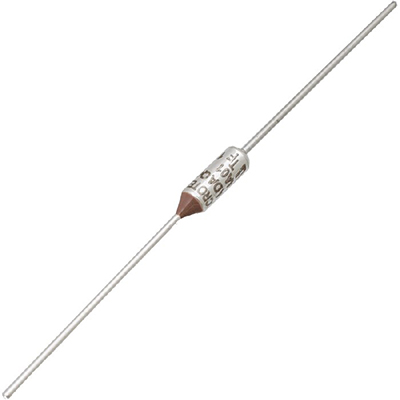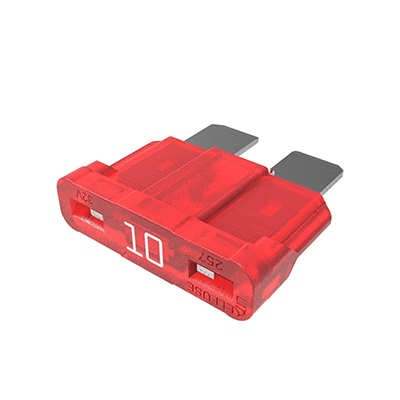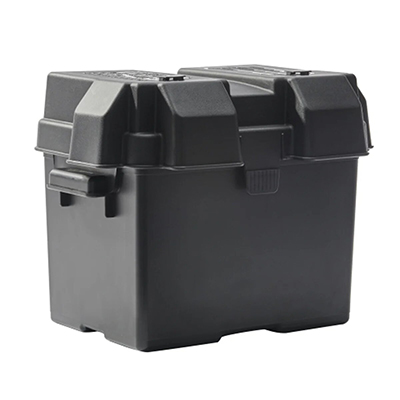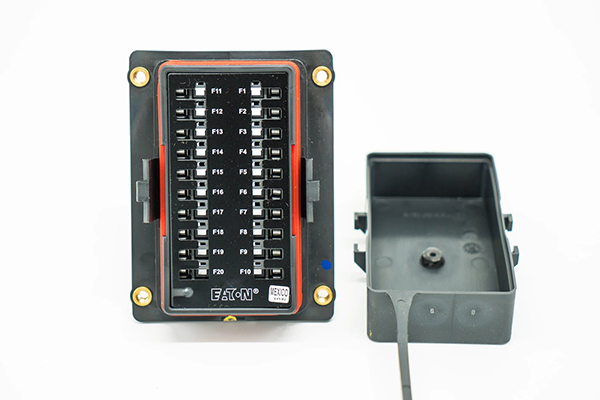Detailed Procedures and Advantages of Glass Fuse Replacement in Boat Fuse Panels for Marine Use
News 2025-10-27
Glass fuses are essential safeguards in boat fuse panels, protecting against electrical overloads and short circuits that can arise from the demanding conditions of marine environments. These components are particularly vital in boats where exposure to saltwater, humidity, and vibrations can accelerate wear. Effective replacement not only restores system functionality but also prevents potential hazards like fires or equipment failure. For boat owners, understanding this process is key to maintaining safe and efficient operations on the water.

Application Scenarios
Glass fuses find widespread use in marine electrical systems, such as in navigation lights, bilge pumps, and communication devices. In a typical boat setup, they protect circuits powering critical functions like engine controls or stereo systems. For instance, during a fuse replacement in a navigation light circuit, it’s crucial to isolate the power source to avoid shocks and ensure the new fuse matches the original amperage. This practice is especially important in offshore scenarios where reliable performance can mean the difference between safety and risk, highlighting the need for precise handling in varied marine conditions.
Performance Advantages
Glass fuses provide rapid response to overcurrent situations, quickly interrupting the circuit to limit damage, which is critical in compact boat spaces where fires can spread fast. Their transparent design allows easy visual checks for faults, speeding up maintenance compared to opaque alternatives. In marine settings, these fuses offer good resistance to corrosion and are lightweight, contributing to overall system durability. Additionally, their affordability and standard sizing make them ideal for quick swaps, enhancing the longevity and dependability of boat electrical infrastructures without compromising on protection levels.
Frequently Asked Questions
1. What tools are required for glass fuse replacement?
A fuse puller, multimeter, and insulated gloves are necessary to handle the process safely and accurately.
2. How often should glass fuses be inspected on a boat?
Regular checks every few months or after heavy use are recommended to catch any issues early in harsh marine conditions.
3. Can glass fuses be reused after blowing?
No, blown fuses should always be replaced with new ones to ensure proper protection and avoid potential system failures.


